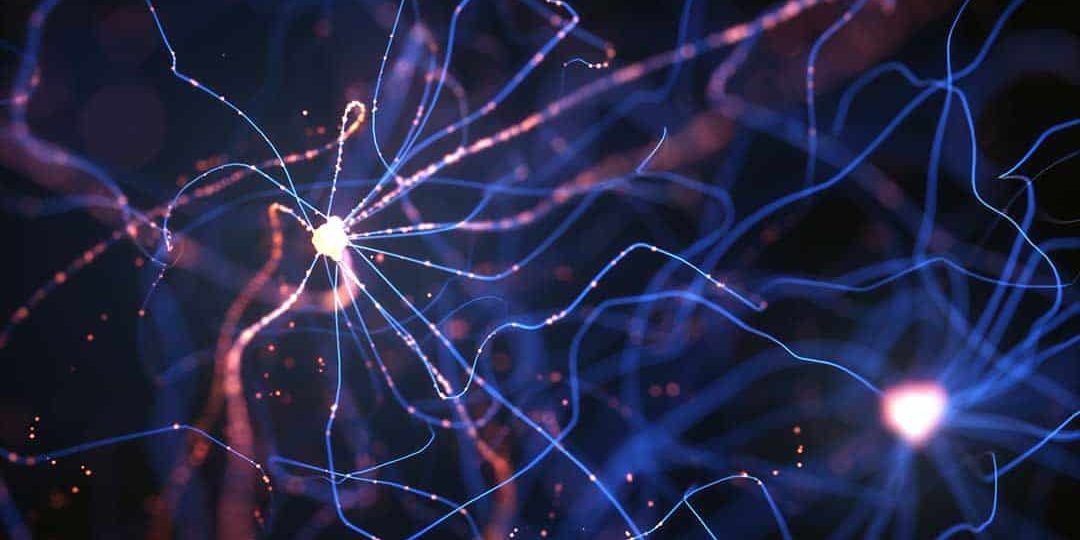The Ketogenic diet (or Keto diet) is well known for helping people lose weight and fight diabetes. It is a high-fat, low-carb diet with enough protein. People who go with Keto diet aim to get their calories from fat and protein rather than carbs. Although it has been controversial for decades, low-carb diets are still healthy and beneficial according to most scientific studies. These benefits include a Ketogenic diet’s ability to boost brain health.
But first, let’s differentiate between Low-carb and Ketogenic diets.
While similar, Low-carb and Ketogenic diets differ in these ways:
- A Keto diet aims to limit carbs to 50 grams or less per day. Carb intake on a Low-carb diet, on the other hand, can vary from 25-150 grams per day.
- Protein intake is most likely restricted in a Keto diet, but not in a Low-carb diet.
When carb intake is very low, our liver produces Ketones. On a Keto diet, Ketones replace carbs as an energy source for body and brain.
Keto Diet as a Mental Health Booster
Many people simply seek to lose weight on a Keto Diet. Ole Jørgen Hessen, a dieter featured in an article on Dietdoctor.com, described his motivations this way: “I didn’t realize how big I was before until I saw some of my previous pictures and videos.”[i] From then on, he started cutting out sweets, food with sugar, and starchy fruits and vegetables. He focused more on eating primarily fish, meat, nuts, eggs and non-starchy vegetables such as spinach, cauliflower and cabbage.
Poor mental health is a rising global issue and everyone should take preventive action to maintain high levels of mental and emotional health. In Europe and North America, 29% of people are impacted by mental health problems over the course of a lifetime. American psychiatrist Dr. Georgia Ede feels there’s a strong connection between mental health and the foods we eat.
“I believe the decline in mental health around the world has a lot to do with the decline in the quality of our diet over the last 75 years,” says Dr. Ede.[ii]
Our brains need energy. They need it more than the other parts of our body. The brain consumes 20% of our daily energy despite the fact it comprises only 2% of our body weight. To meet this tremendous energy requirement, the brain is fueled by two things: 1) glucose and 2) ketones. Where does glucose come from? Glucose is simply a kind of sugar, with the molecular formula C6H12O6. Sources of glucose include carbohydrates, protein, and fat. Though they differ in how they affect our blood sugar levels, a combination of these food rich in carbs, protein and fat can really be beneficial. Ketones, on the other hand, can be found in low-carb vegetables, fish, cheese, eggs and non-starchy fruits. Ketones are the body’s main source of energy on a Keto diet.
There is still no known mechanism for ketone-based metabolism benefiting mental health, but it is known to enhance mitochondrial respiration, decrease brain inflammation, reduce stress, and increase neuron growth.
Epilepsy and bipolar disorder with Keto diet
Research has shown that a number of mental disorders, including epilepsy and bipolar disorder, are mainly caused by malfunctions in the activities of sodium, calcium ion, and potassium channels in the brain’s nerve cells. The Keto diet has been been used successfully for 100 years in managing epilepsy and bipolar disorders. One study showed that bipolar women who maintained a Keto diet for two years were reportedly experiencing mood stabilization and well-balanced diet. It has also been written that no significant side effects took place during their intake of low-carb (Keto) diet.
Remember to proceed with caution in transitioning to a new eating habit. These changes in dietary lifestyle are very often beneficial, but will have different effects on different people. The key is to listen closely to our body signals and pay attention in order to achieve optimum personal health.
Clifford Scholz
—————————————-
[i] https://www.dietdoctor.com/low-carb/mental-health[ii] Ibid.
For Further Reading:
https://www.dietdoctor.com/low-carb/mental-health
https://www.healthline.com/nutrition/10-benefits-of-low-carb-ketogenic-diets
https://www.healthline.com/nutrition/low-carb-ketogenic-diet-brain#section2 https://www.mindbodygreen.com/articles/a-neurologist-explains-the-ketogenic-diet-and-the-brain


